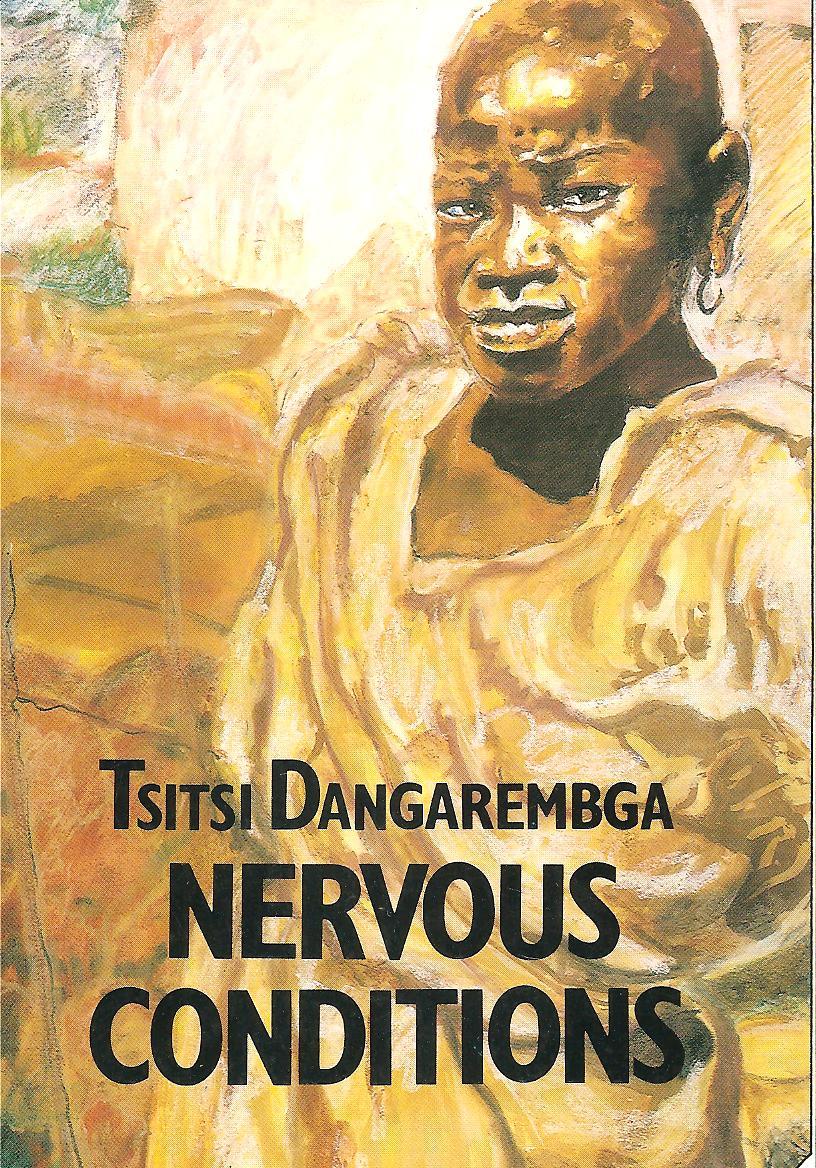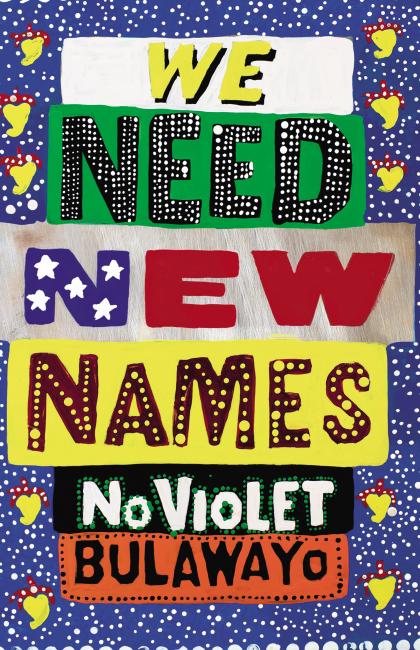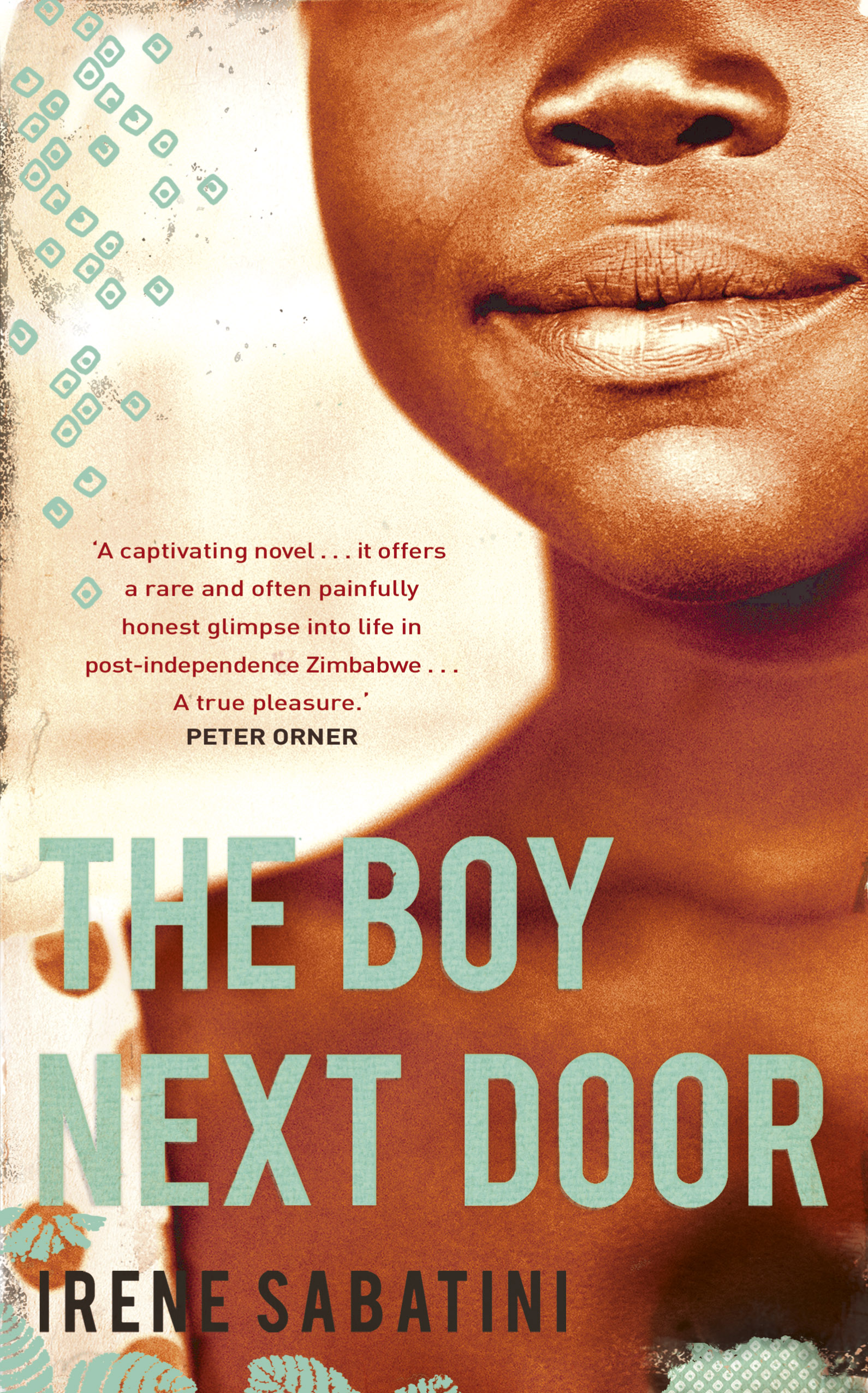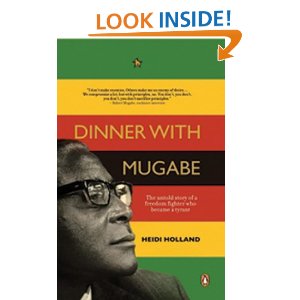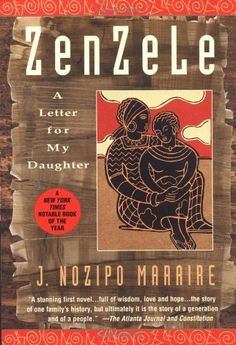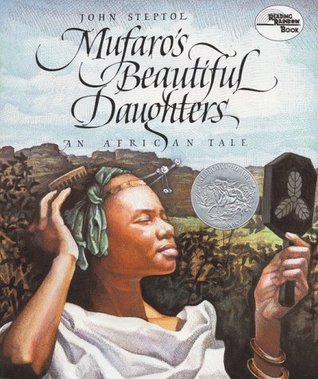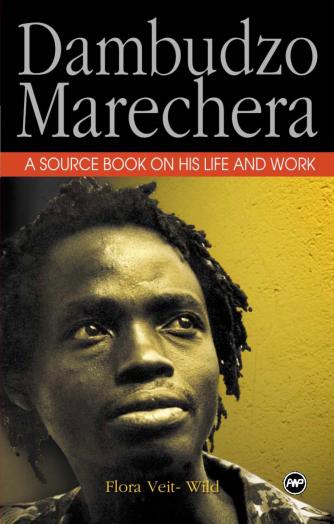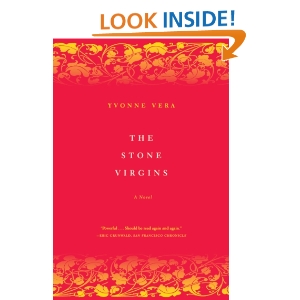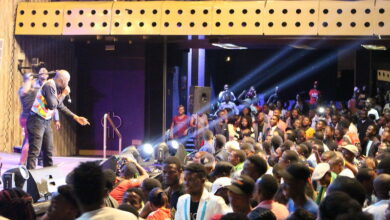Top 10 Zimbabwean Books Every Zimbabwean Should Read

Nervous Conditions
by Tsitsi Dangarembwa
Nervous Conditions makes an attempt at portraying the complexity of the situation for women operating in a post-colonial environment; educated or not, Anglicized or traditional, rich or poor, married or single, each of the women in narrator Tambudzai’s life is oppressed in some way, and each resists in her own way, even when resisting one form of oppression means capitulating to another. Without ignoring the heterogeneity and intersection of all forms of oppression, Dangarembga allows each of her female characters a psychological complexity that does not skirt problematic viewpoints; she presents a continuum of resistance tactics to accompany her continuum of experiences.
We Need New Names
by NoViolet Bulawayo
A remarkable literary debut — shortlisted for the Man Booker Prize! The unflinching and powerful story of a young girl’s journey out of Zimbabwe and to America.
Darling is only ten years old, and yet she must navigate a fragile and violent world. In Zimbabwe, Darling and her friends steal guavas, try to get the baby out of young Chipo’s belly, and grasp at memories of Before. Before their homes were destroyed by paramilitary policemen, before the school closed, before the fathers left for dangerous jobs abroad.
But Darling has a chance to escape: she has an aunt in America. She travels to this new land in search of America’s famous abundance only to find that her options as an immigrant are perilously few. NoViolet Bulawayo’s debut calls to mind the great storytellers of displacement and arrival who have come before her-from Junot Diaz to Zadie Smith to J.M. Coetzee-while she tells a vivid, raw story all her own.
The Boy Next Door
by Irene Sabatini
In Bulawayo, Zimbabwe, there is a tragedy in the house next door to Lindiwe Bishop; her neighbor has been burned alive. The victim’s stepson, Ian McKenzie, is the prime suspect but is soon released. Lindiwe can’t hide her fascination with this young, boisterous and mysterious white man, and they soon forge an unlikely closeness even as the country starts to deteriorate. Years after circumstances split them apart, Ian returns to a much-changed Zimbabwe to see Lindiwe, now a sophisticated, impassioned young woman, and discovers a devastating secret that will alter both of their futures, and draw them closer together even as the world seems bent on keeping them apart. The Boy Next Door is a moving and powerful debut about two people finding themselves and each other in a time of national upheaval.
The Hairdresser of Harare
Like very good dark chocolate this is a delicious novel, with a bitter-sweet flavour. Vimbai is a hairdresser, the best in Mrs Khumalo’s salon, and she knows she is the queen on whom they all depend. Her situation is reversed when the good-looking, smooth-talking Dumisani joins them. However, his charm and desire to please slowly erode Vimbai’s rancour and when he needs somewhere to live, Vimbai becomes his landlady. So, when Dumisani needs someone to accompany him to his brother’s wedding to help smooth over a family upset, Vimbai obliges. Startled to find that this smart hairdresser is the scion of one of the wealthiest families in Harare, she is equally surprised by the warmth of their welcome; and it is their subsequent generosity which appears to foster the relationship between the two young people. The ambiguity of this deepening friendship – used or embraced by Dumisani and Vimbai with different futures in mind – collapses in unexpected brutality when secrets and jealousies are exposed. Written with delightful humour and a penetrating eye, The Hairdresser of Harare is a novel that you will find hard to put down.
Dinner With Mugabe: The Untold Story Of A Freedom Fighter Who
Became A Tyrant
This penetrating, timely portrait of Robert Mugabe is the psycho-biography of a man whose once-brilliant career has ruined Zimbabwe and cast shame on the African continent. Heidi Holland’s tireless investigation begins with her having dinner with Mugabe, the freedom fighter, and ends in a searching interview with Zimbabwe’s president more than 30 years later. The author charts Mugabe’s gradual self-destruction, and uncovers the complicity of some of the most respectable international players in the Zimbabwe tragedy. Probing the mystery of Africa’s loyalty to one of its worst dictators, Holland explores the contradictions that cloud the life of a man who had embodied the continent’s promise.

